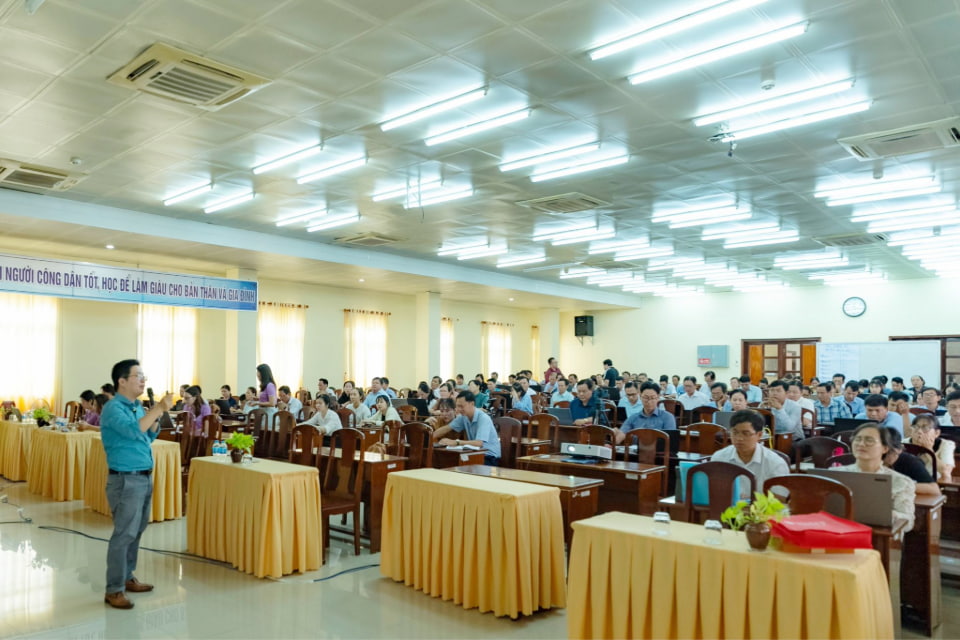
The Emerging Technologies in Education research cluster, within the School of Science, Engineering & Technology, explores how technology intersects with pedagogical innovation. Our interdisciplinary research focuses on leveraging advanced technologies such as artificial intelligence (AI), interactive teaching tools and learning analytics to improve student learning outcomes and enhance engagement. We address key challenges, such as creating active and engaging learning environments personalised to meet each student’s needs, using data-driven insights to inform and improve instructional design and integrating industry-based learning opportunities to better prepare students for real-world careers. Our work bridges theory and practice, providing actionable insights for educators and contributing to the growing field of technology-enhanced learning. Building on these insights, our research extends beyond the RMIT community through a range of projects and initiatives that collaborate with local educators and schools. By sharing cutting-edge research and innovation, and providing training to local educators and teachers, the cluster helps empower them to adapt to new teaching methods that better meet the specific needs of students in Vietnam, contributing to the technological and educational transformation of the country.


This project is funded by the Strategic Innovation Challenge Round 2. It aims to revolutionize education in Vietnam by implementing a comprehensive training program on advanced AI technologies and associated pedagogical approaches for educators.

Thanh Pham has been a lecturer in Electronic and Computer Systems Engineering at RMIT University in Vietnam since 2011. His research interests include microelectronic engineering, technological education, project-based learning and applying generative AI (GenAI) to education and healthcare. As an experienced researcher, Thanh focuses on innovative learning and teaching strategies for higher education, with published work in project-based learning and interdisciplinary collaborative teaching.
His recent research explores the benefits and challenges of integrating generative AI into engineering education programs. Thanh also has extensive experience teaching STEAM courses at both the higher education and K-12 levels in Vietnam. In addition, he has designed and led STEAM training programs for K-12 teachers, equipping them to implement innovative, hands-on teaching strategies in their classrooms.